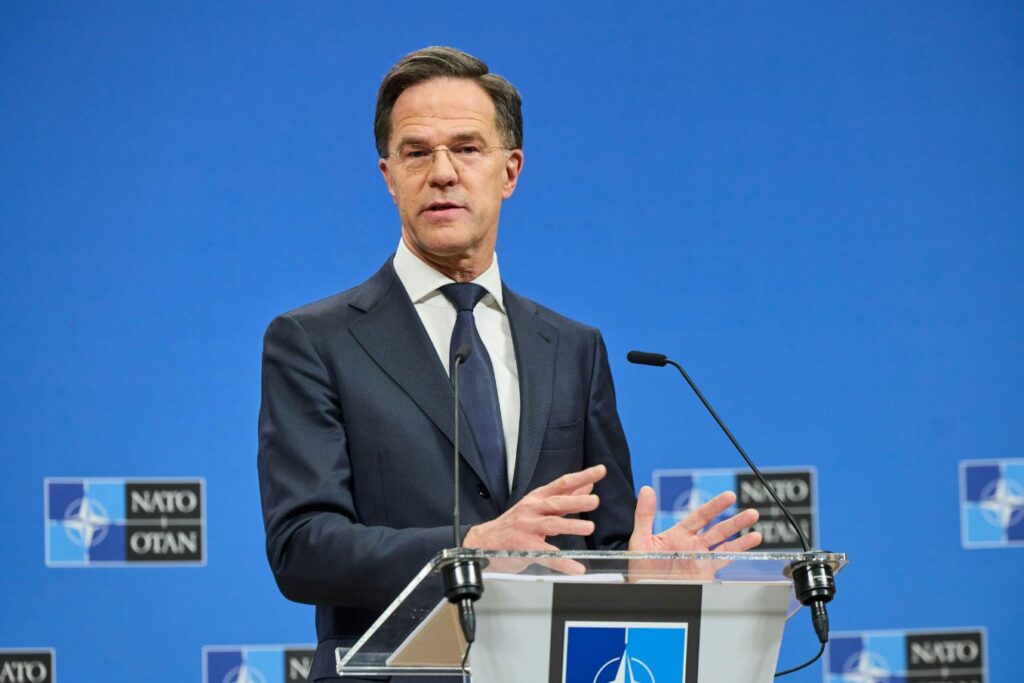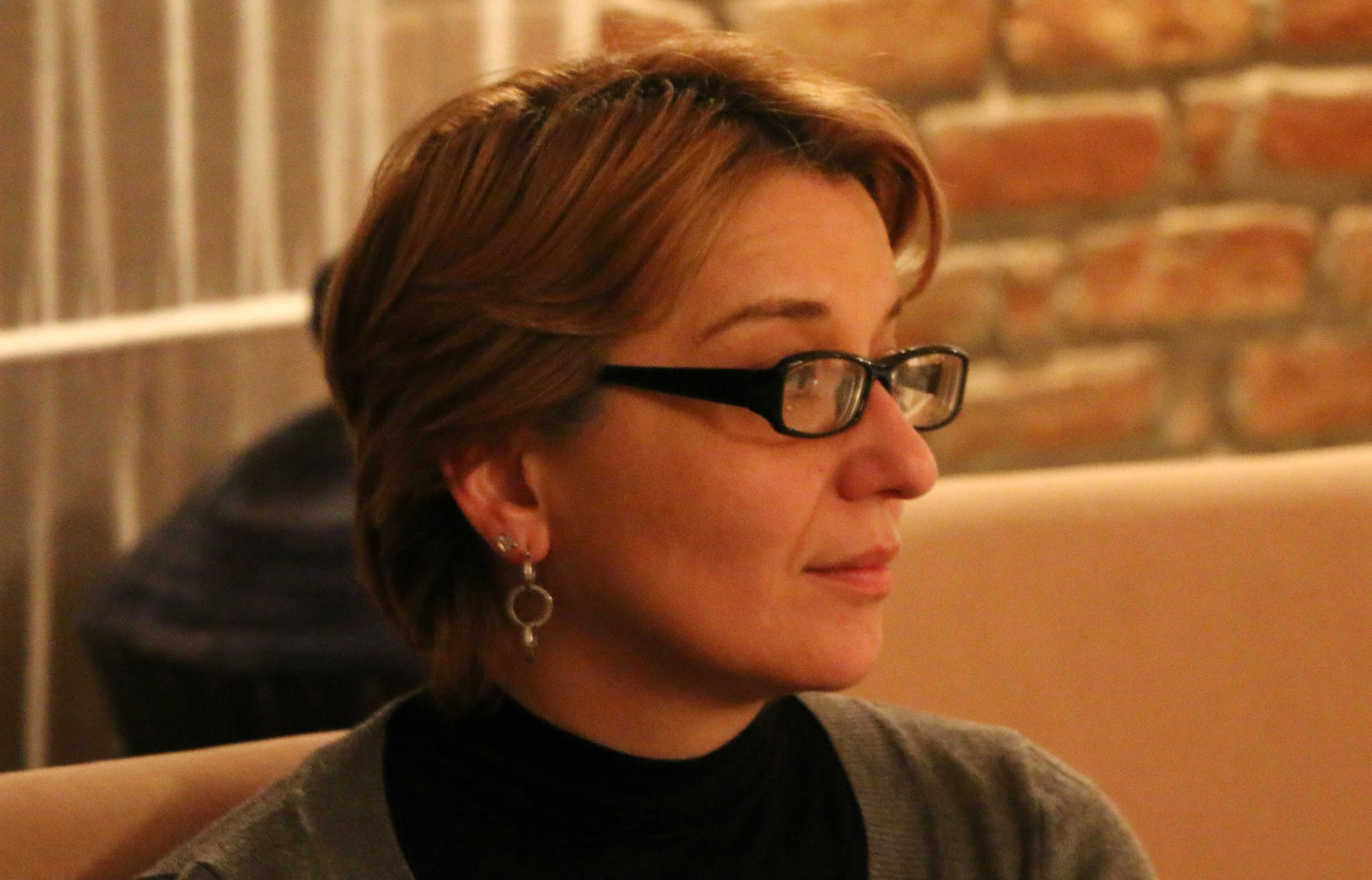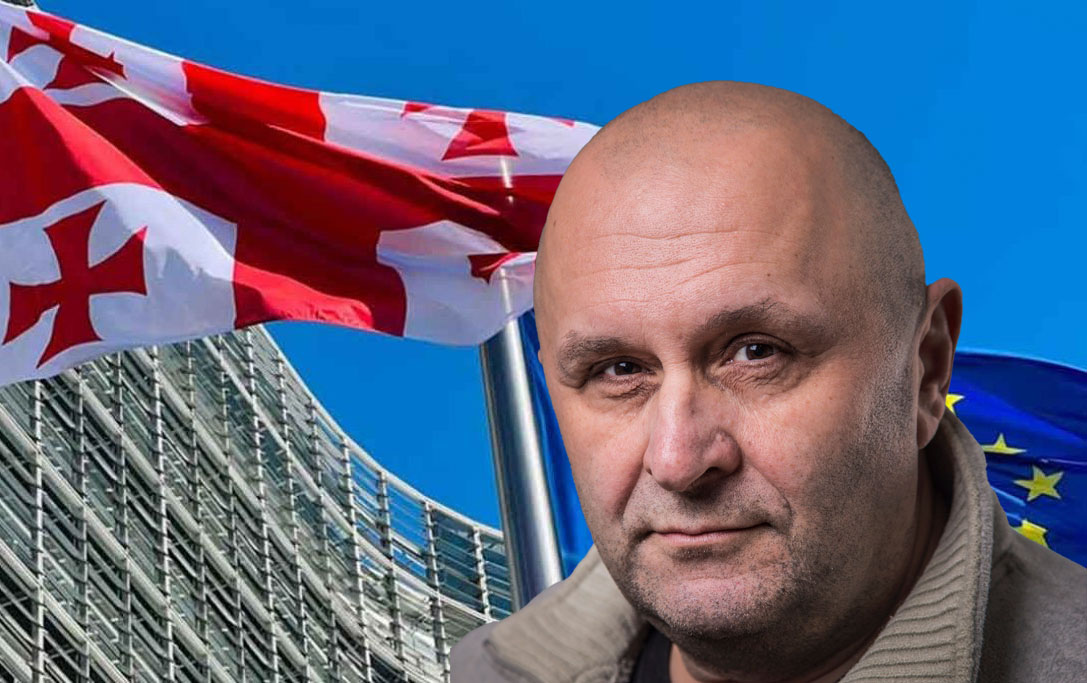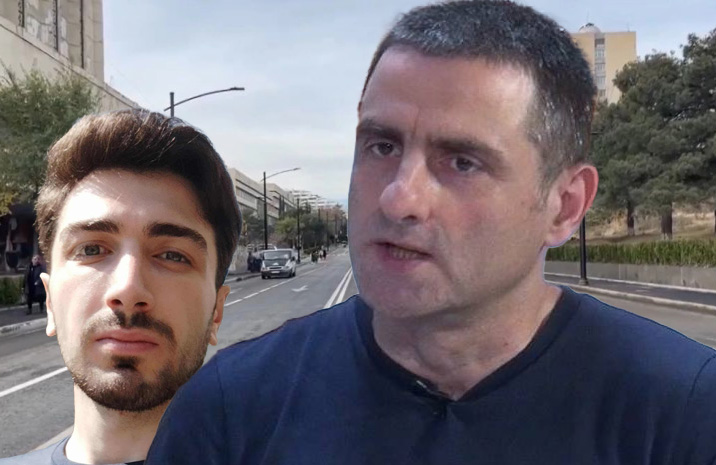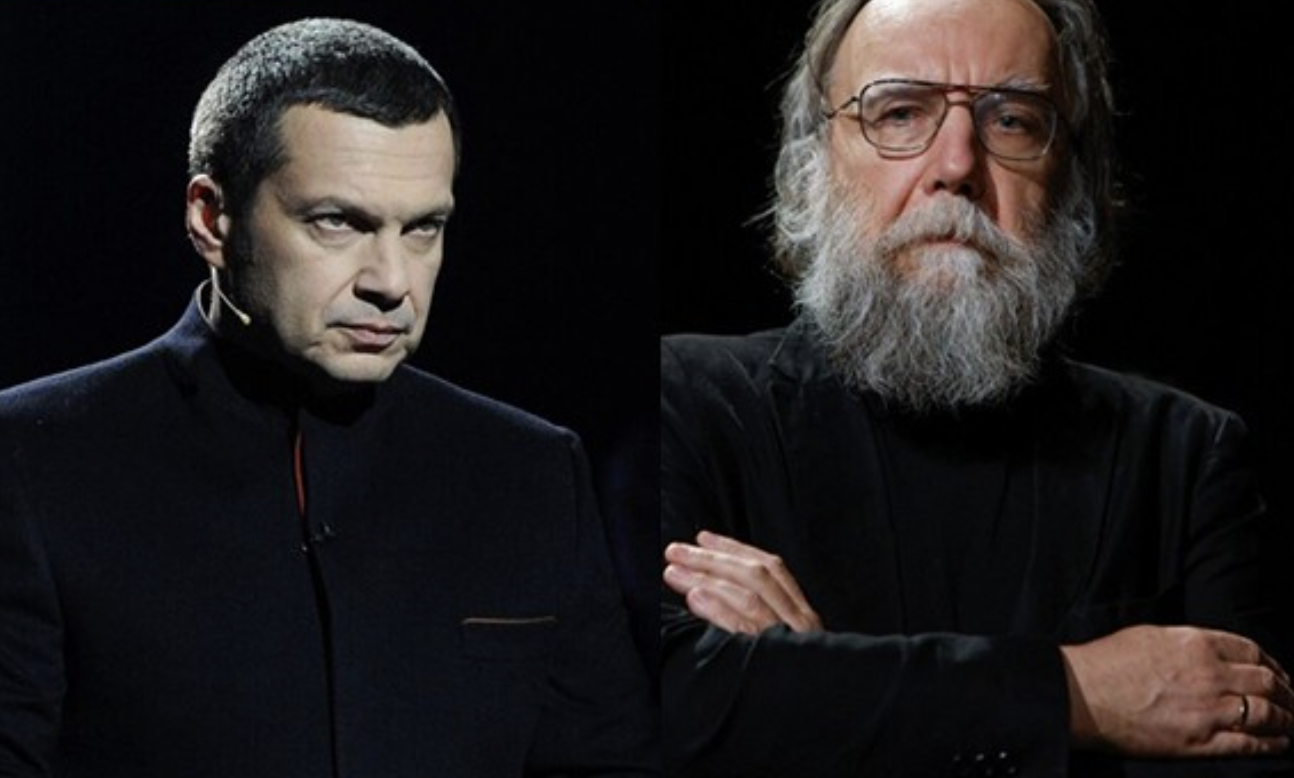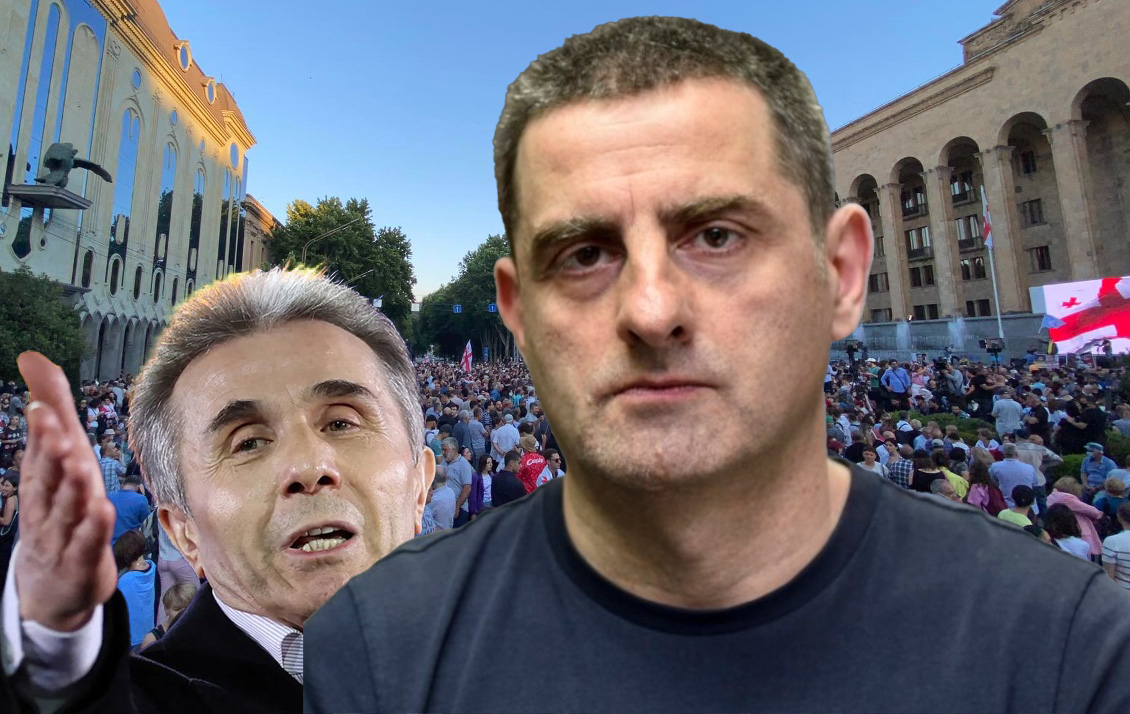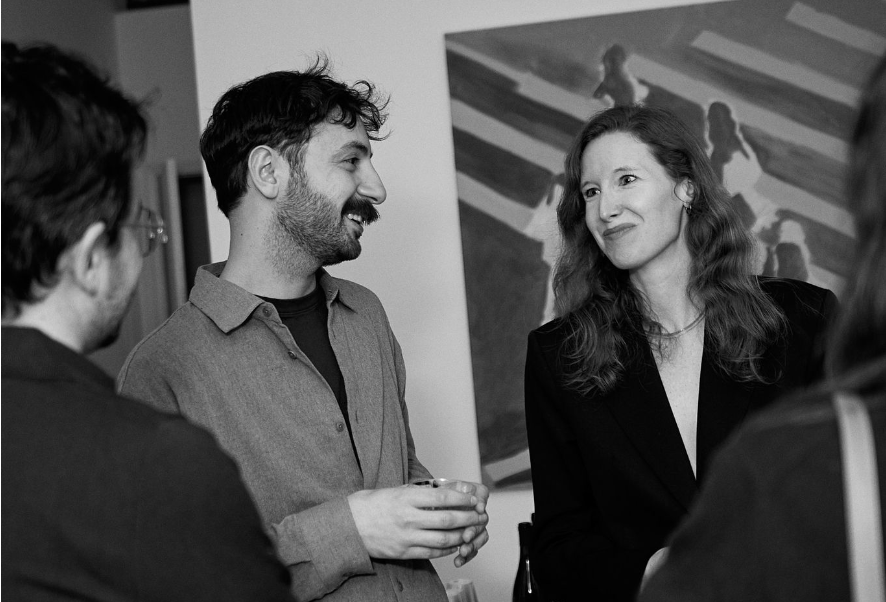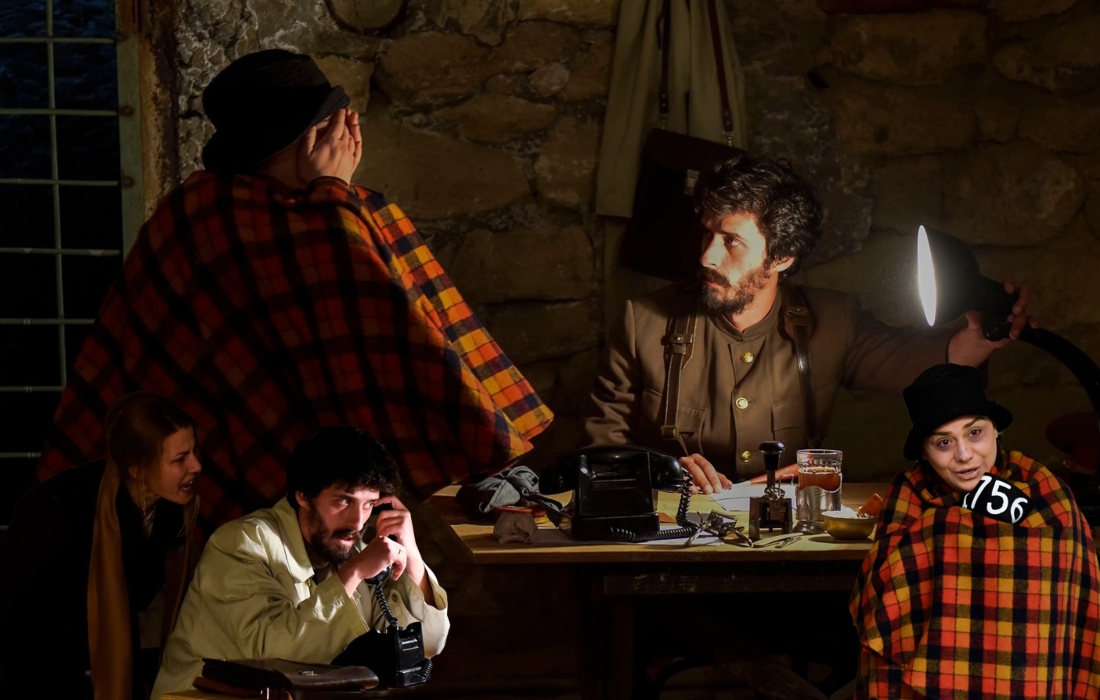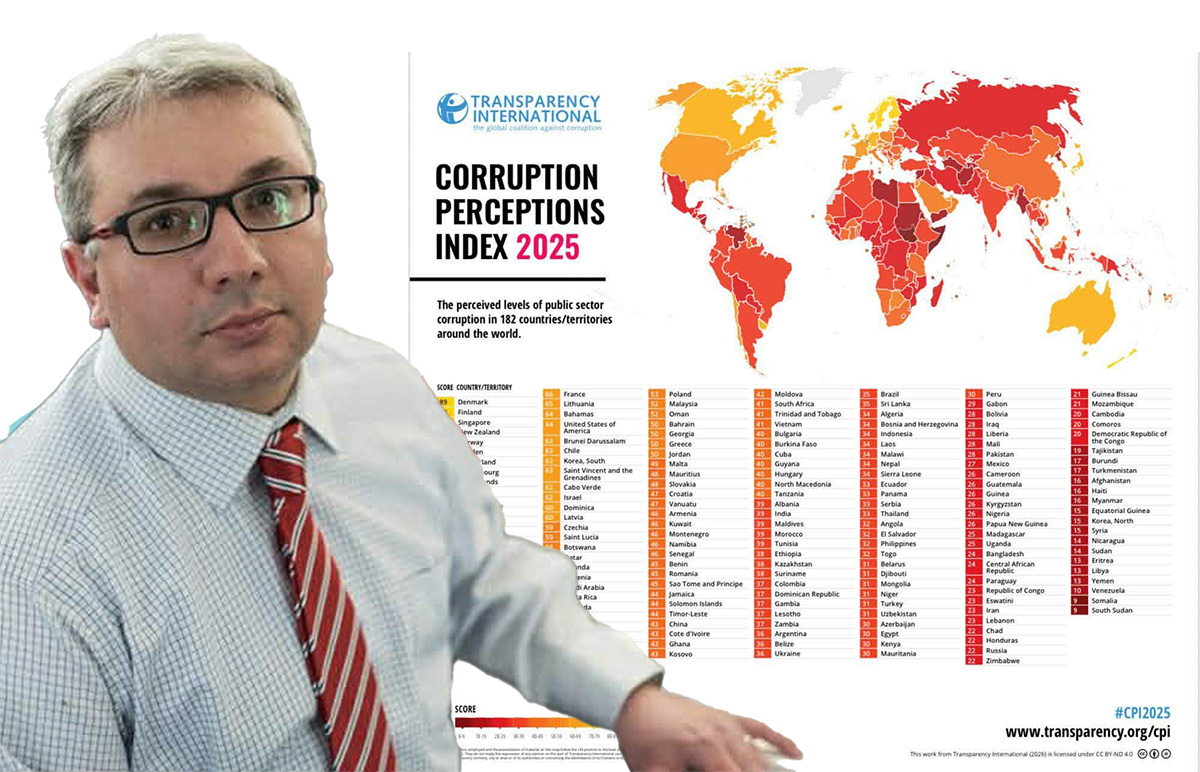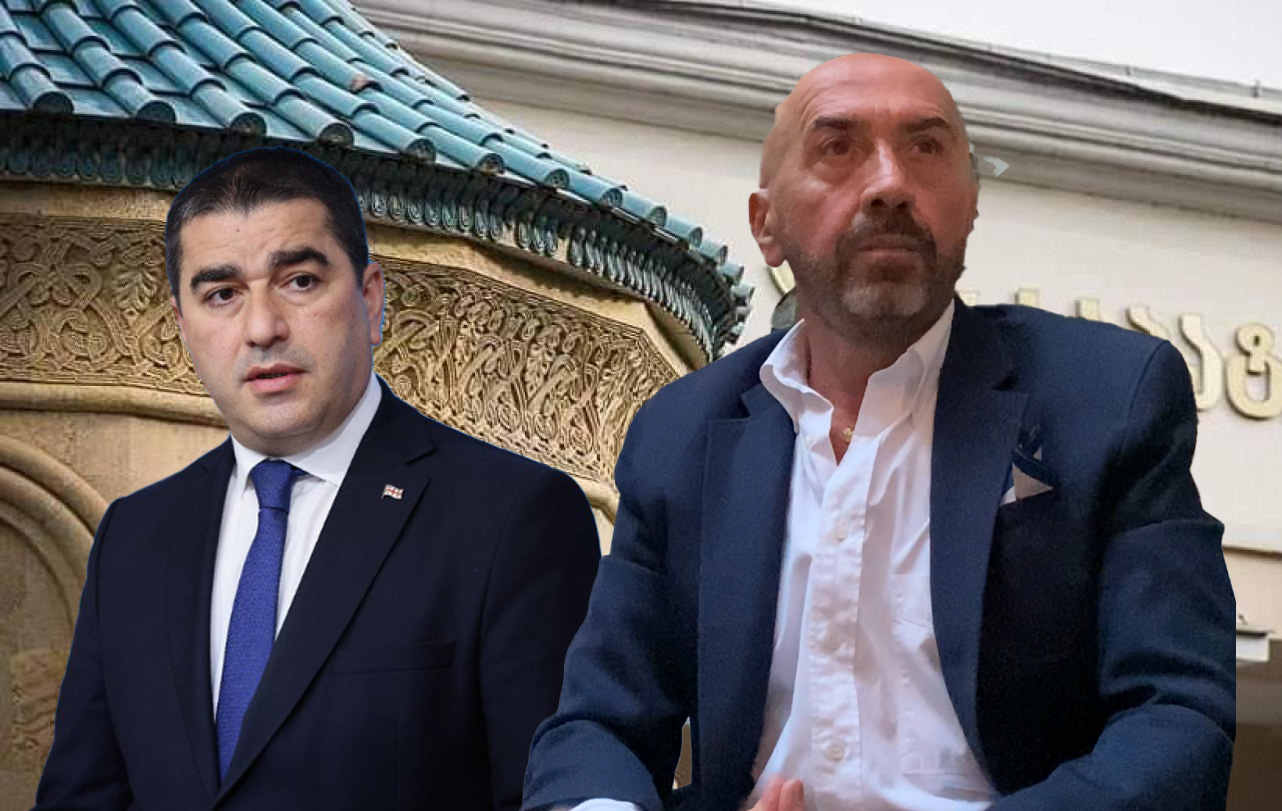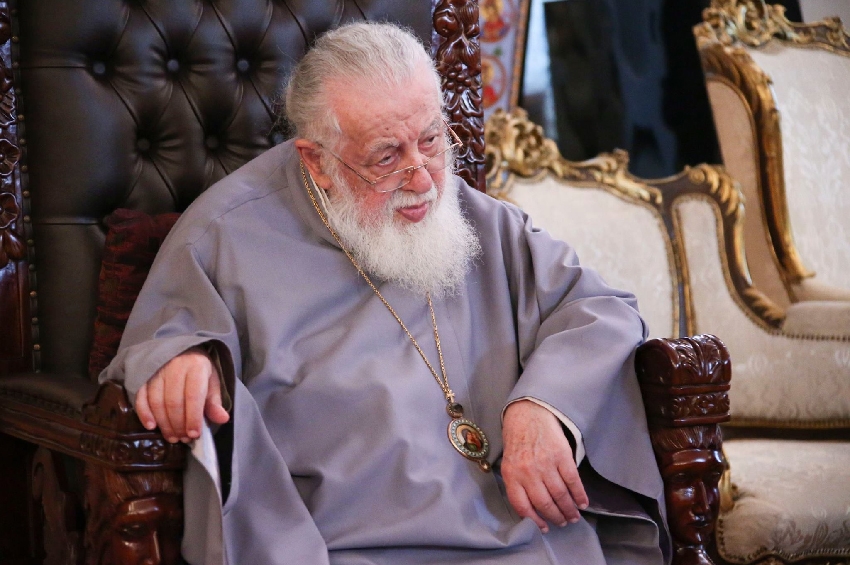Orbán is trying to secure future with ‘peacekeeping initiatives’ in case he steps down – expert
11.07.2024 ნახვები: 512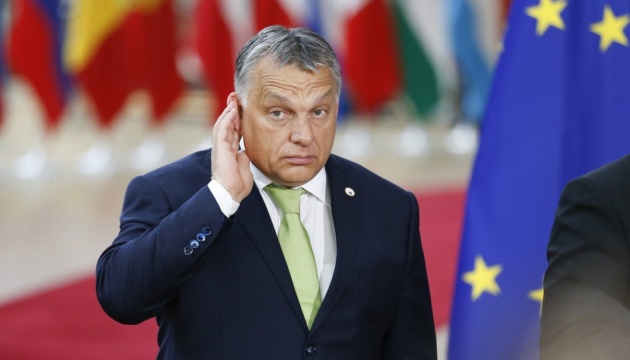
Hungarian political scientist Sándor Földvári said this in a commentary to Ukrinform.
“Orbán traveled to Kyiv, Moscow, Azerbaijan (where he participated in the summit of the Organization of Turkic States - ed.), and then to Beijing, not because he is a peacemaker, but because he wants to strengthen his power. The position of his Fidesz party now is not as strong as it used to be. That's why he's acting out, portraying a strong leader," said Földvári.
According to him, this also generally explains the increased activity that Orbán has been showing recently in the European arena, including the European Parliament, and at the global level.
At the same time, the leader of the new conservative Hungarian party TISZA, Péter Magyar, should not be considered a significant rival to the Orbán's government, the political scientist said. "There is an opinion in liberal circles in our country, and I share it, that Magyar is Orbán's alter ego. Orbán wants to move to the European and world stage. At the same time, he wants to leave a person in Hungary, a successor who could ensure the security of him and his property," the expert believes.
He explains that there is a widespread belief in Hungary that Orbán will soon step down from power. If the center-left opposition led by the Social Democrats comes to power in the country, Orbán could face an investigation into his activities. "If Magyar wins, he, as a former member of Fidesz, can provide immunity to the current prime minister. He will head the country himself, while Orbán will be able to act in the European Union. In other words, Magyar could become a sophistic (deceptive - ed.) form of Orbán in the future," Földváry believes.
As reported by Ukrinform, Swedish Prime Minister Ulf Kristersson said that Hungarian Prime Minister Viktor Orbán's visit to Moscow during Hungary's EU presidency could send the wrong signal, and stressed that Orbán was not acting or speaking on behalf of the EU.
Sándor Földvári is a Hungarian political scientist and historian. He is a senior researcher at the University of Debrecen (Hungary).


